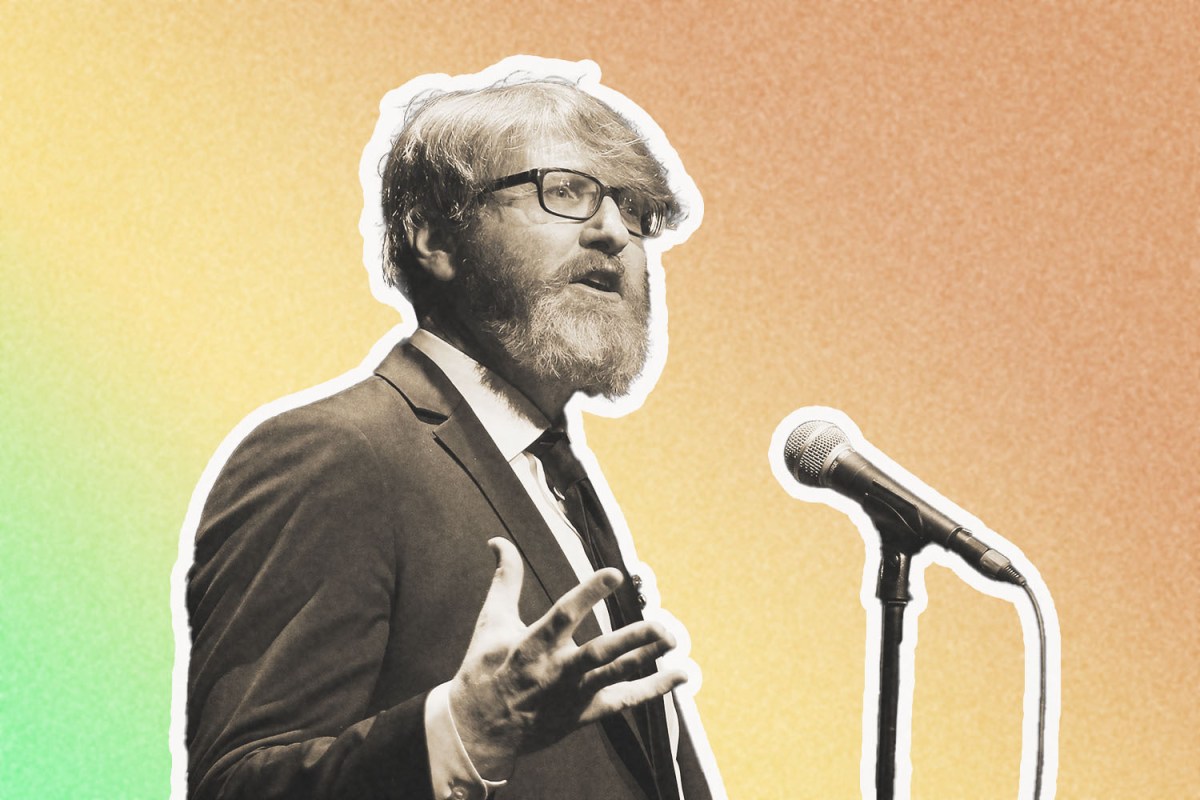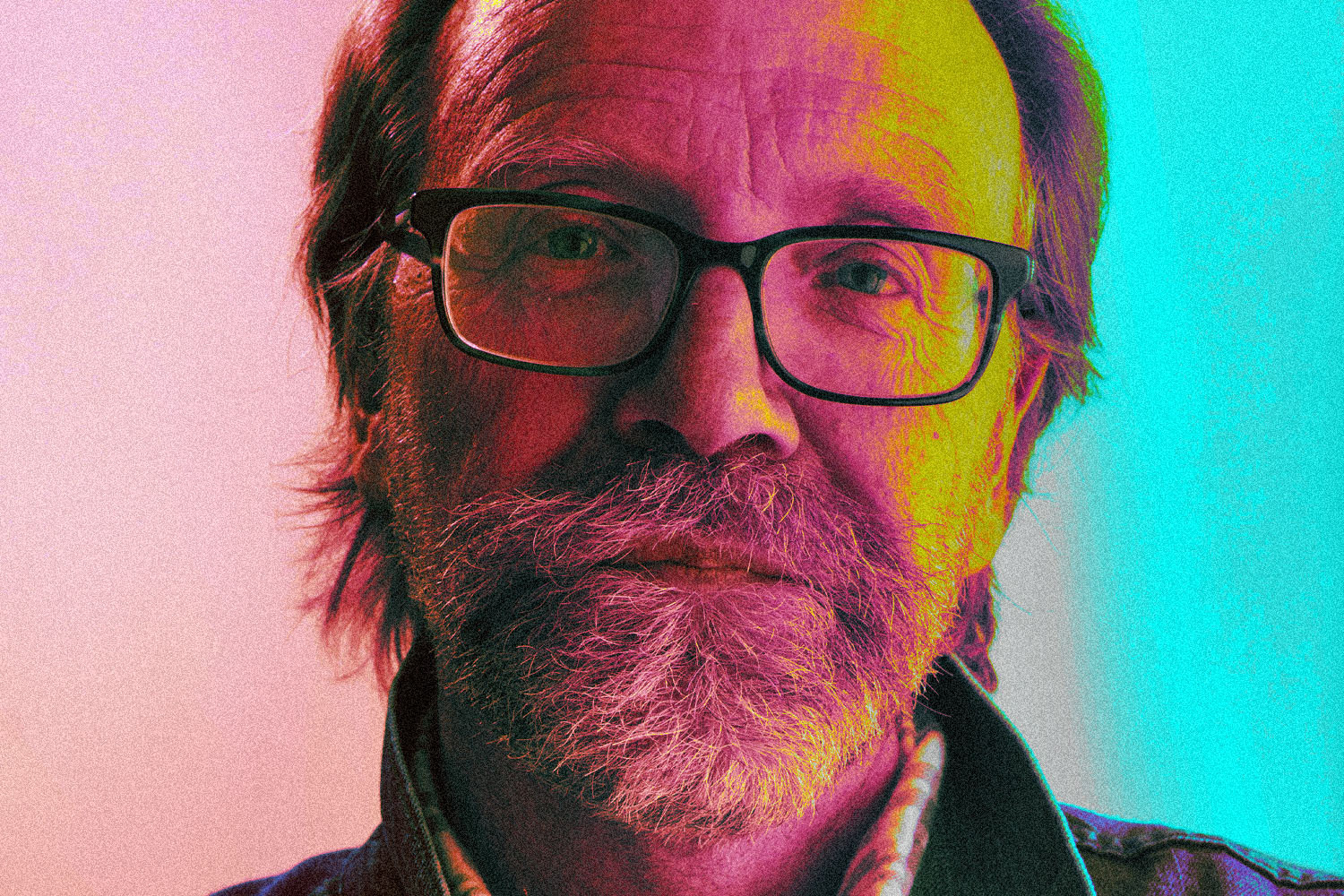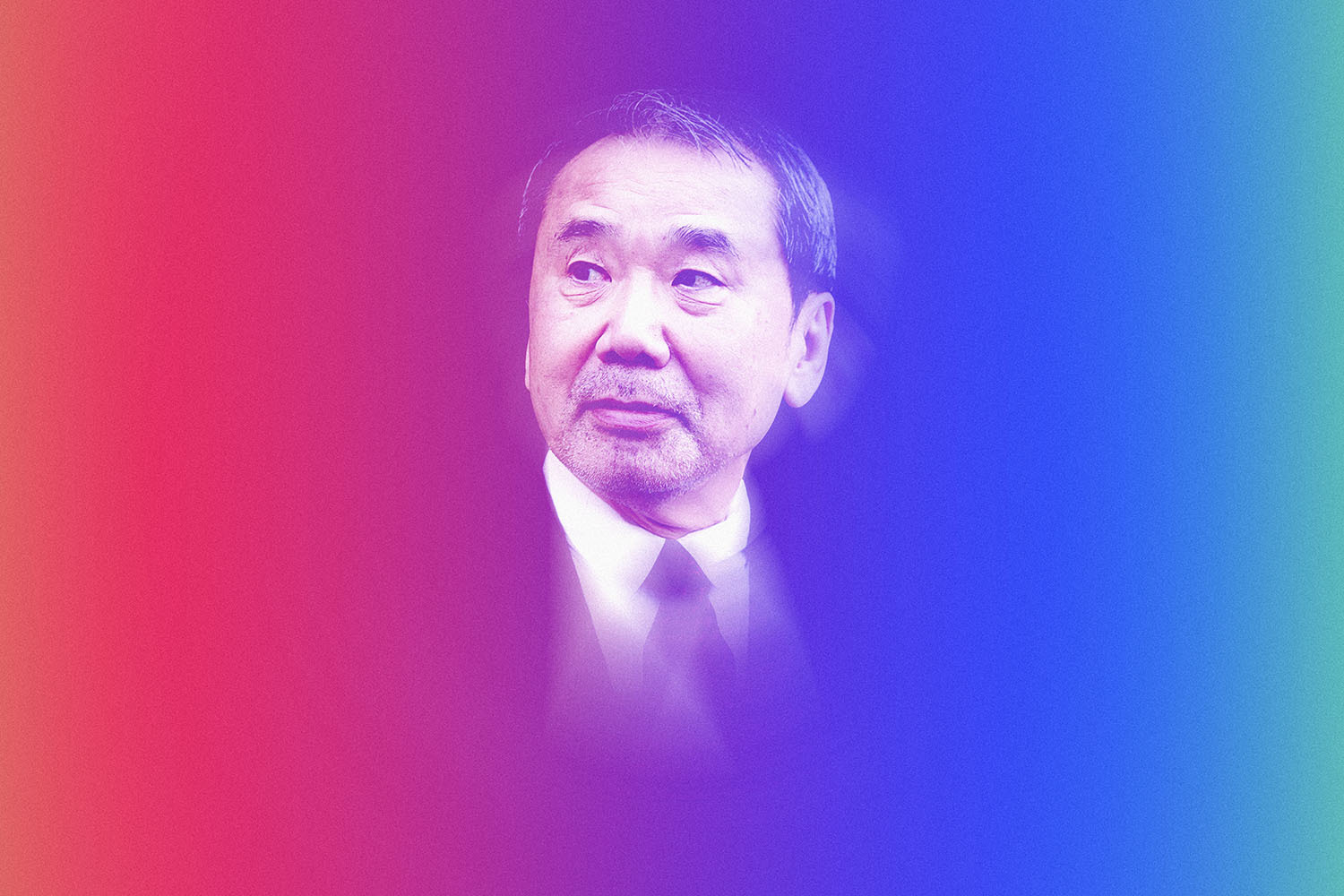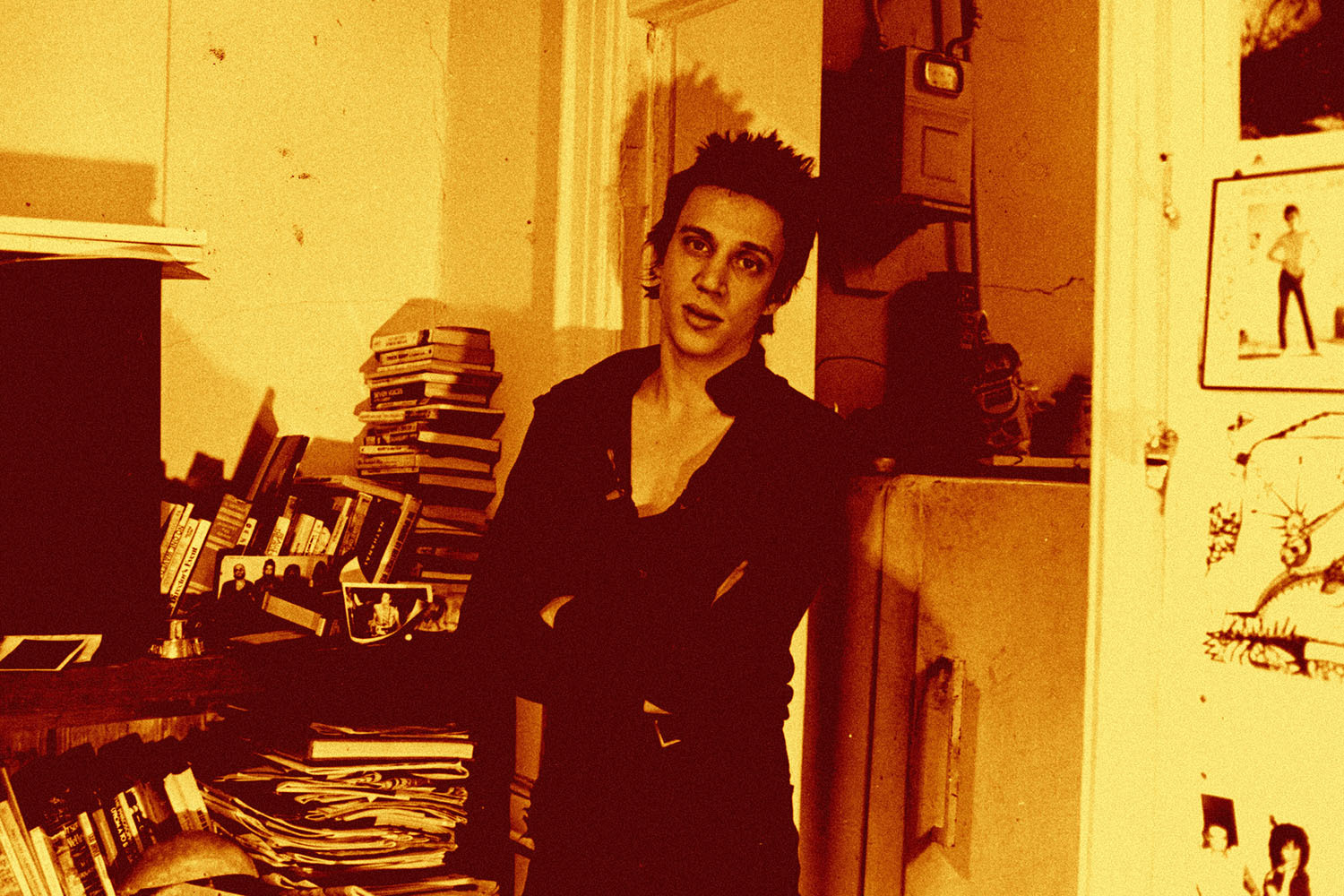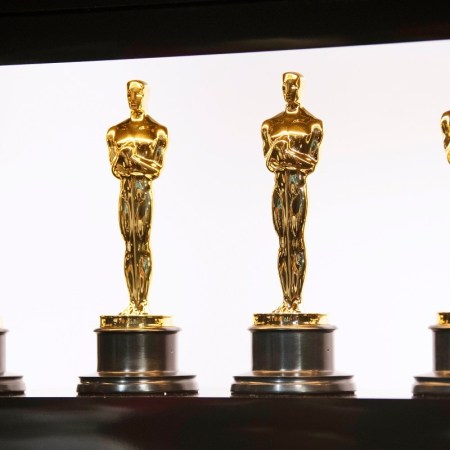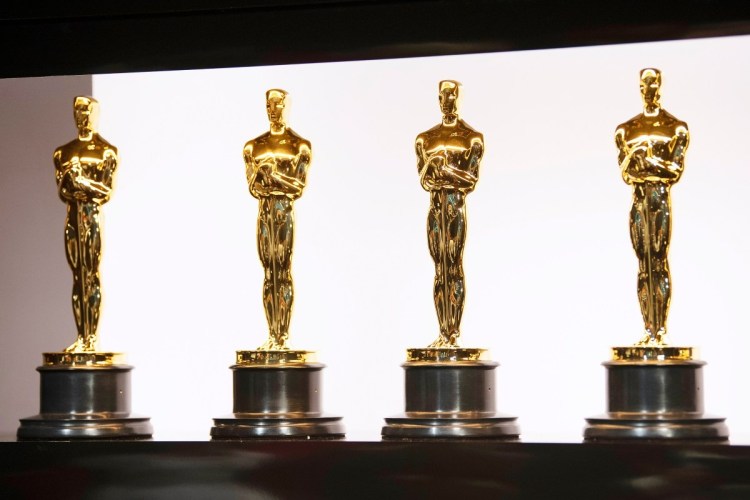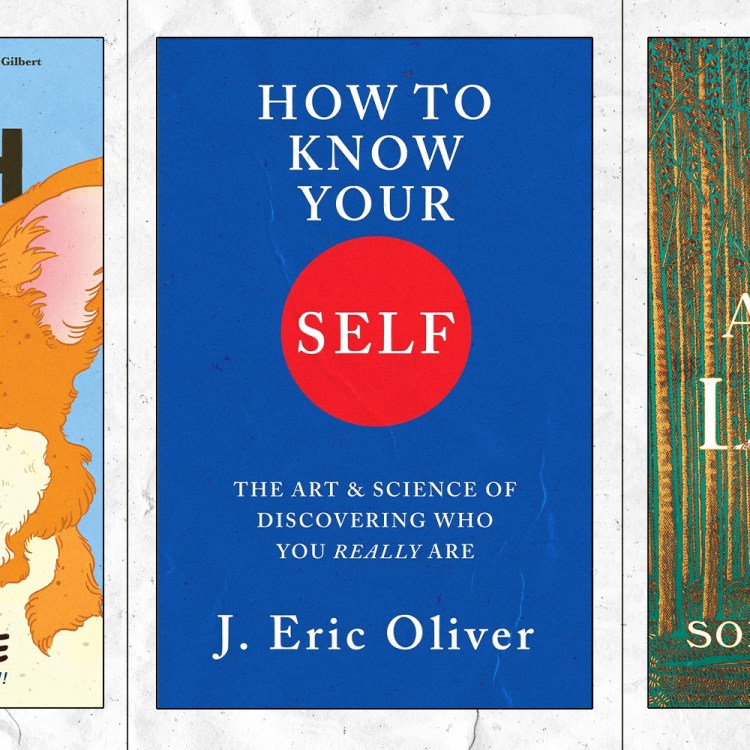Chuck Klosterman fears it could end at any moment. The cultural critic and self-described “generalist” has enjoyed great success since the release of Fargo Rock City in 2001: a bushel of best-selling non-fiction books, two novels, columnist gigs at Esquire and the New York Times. But the co-creator of Grantland can’t shake the feeling. In fact, he freely admits his career path was a product of equal parts luck and timing. The popularity of Fargo Rock City came from nowhere. The end could come just as suddenly.
For now, though, he’s still here. Klosterman’s latest book, The Nineties (Penguin Press, $28.00, out now), is free of his typical observational musings in favor of an astute, clear-eyed look at the decade that brought us into the non-stop stargate sequence that is the 2000s. In Klosterman’s mind, the ‘90s are the “the last decade that’s going to exist”; the book is an analysis of a deceptively simpler time.
During an hour-long phone conversation last week, Klosterman, who lives in Portland, Oregon, spoke with InsideHook about his most recent effort and the collateral damage, from how social media affects its perception (please abstain from saying The Nineties is “nostalgic”) to the burden of being a successful author. This interview has been edited for clarity and space.
InsideHook: I looked at The Nineties as a series of overviews or origin stories on how events in the ‘90s happened and what their impact was. Is there any cultural phenomenon, in the ‘90s or now, that doesn’t have an origin story, that can’t really be explained so readily?
Chuck Klosterman: You know, this is maybe a strange answer. It might seem like I’m avoiding the question, but it’s actually true. There’s this situation that happens in life, where in the moment, everything seems chaotic and nothing seems to make sense. And almost every action in society has some non sequitur element to it. It seems very confusing and disorienting. Then when you look back on your life or you look back at a period of history, it seems like an almost perfectly crafted novel and that everything that worked out was the result of all these other dominoes that lined up and fell in this perfect sequence, which weren’t visible at the time.
The success of a band like Nirvana now seems like the most obvious result from what had happened to music culture in the 1980s. It seems as though it is almost predictable and that our understanding of Nirvana should have not been something that was transformative, but something that we all anticipated. Yet that’s not how it was. It was very confusing to people at the time. There were these constant stories and features, discussing the meaning of wearing flannel clothing, and why Seattle had somehow created this completely alien society of musicians that now had sort of succeeded by expressing a desire not to succeed. None of it made sense. But now of course you look back and it’s like, “OK, well, this is how it was.” Everything seems insane when it happens. And nothing seems crazy when you remember it.
I was 14 when Nevermind hit. It seemed to come out of left field; suddenly, music sounds different. But if you look back, it seems like such a perfect reaction to the glossy, over-produced ‘80s pop music that preceded it, and sort of a reaction to people getting tired of ‘80s/Reagan-era consumerism. Here is a band that’s a tonic to that.
What was weird, though, is that Nevermind was also a glossy, somewhat over-produced record. And it was completely commercial. It was the biggest record in the world. All of these things that seemed to be contradictory were actually part of its packaging, which is why it worked. If it had actually been the things it espoused culturally, the music itself would not have found any traction. It wouldn’t have been on MTV. It wouldn’t have been on the radio. You wouldn’t have seen it on the endcap of every Best Buy and every media play in the country. That wouldn’t have happened. You look at something like Nirvana, and it has its symbolic representation and what it signifies, and then what it was, which is different than the way it was described to people. That’s often an essential part of the equation: Things that change the world typically need to have some relationship to the world it is replacing, because it has to come from the same system that it allegedly is destroying.
If Nirvana had been a skiffle band, it wouldn’t have had the same impact.
It would’ve been like a very small article in the front of Spin magazine, like, “Can you believe people are playing skiffle?” You know, Kurt Cobain complained, “Oh, this sounds like a Motley Crüe record.” That was his famous complaint he made, because it didn’t seem to him like the anti-commercial punk album that he wanted it to exemplify. And yet, in order to do that, in order to be in a position to complain about the production on Motley Crüe’s Dr. Feelgood, you had to make a record that was actually more popular. Weird kind of paradox.
You came of age in that era. How did you decide what would go into this book and what you’d leave be? “OK, well, this was important to me, but it really shouldn’t go into the book”?
The biggest key is constantly remaining conscious of this problem. That’s always the thing when people talk about, “Oh, objectivity is insane. No one can be totally objective.” Well, that’s true. Nobody is a robot. Nobody can be 100 percent objective, but the goal is to remain conscious of your bias at all times, which moves the needle closer to what would be an ideal objectivity. Sex, Drugs, and Cocoa Puffs was talking about a lot of things from the ‘90s completely through the lens of my own experience. That book is sort of like, I’m writing about culture and I’m writing about the culture that is interesting to me. So I had done that. The writing style of Eating the Dinosaur is closer to the writing style in this book, but those were still things that I was picking because I cared. This one’s different. People can say what you will about my other 11 books. You can say they’re good or they’re bad. It doesn’t really matter to me. But you’ve got to say this: I was the only person that could have written them. Whereas this book is not like that. There are other people who could have done this book. Absolutely. There are friends of mine who could have written this book.
As a consequence, the methodology has changed. When you’re doing something that other people can do, you’re then giving up this idea that the standard is your own feeling. A lot of my other books, how good or bad they are, the only person I really care about is myself. Do I think they’re good? Do they fulfill what I wanted to do? This is different because I’m doing a book that has in many ways existed before. There are many other people who have written books trying to sort of encapsulate and contextualize a period of time. And that’s what I’m doing.
Was it hard to change that methodology?
Yeah. It was harder because if the only standard that you’re using is your own feeling, then you have to please a person. It’s hard to please yourself, but at the same time, if you do it, you
can just sort of look at every reaction to the book and be like, “Well, that’s their opinion. I was doing this for me.” It’s very difficult not to let exterior people or external forces shape the way you feel about your own work. But when you do a book like this, you have to accept that if no one else sees it as successful, it was not.
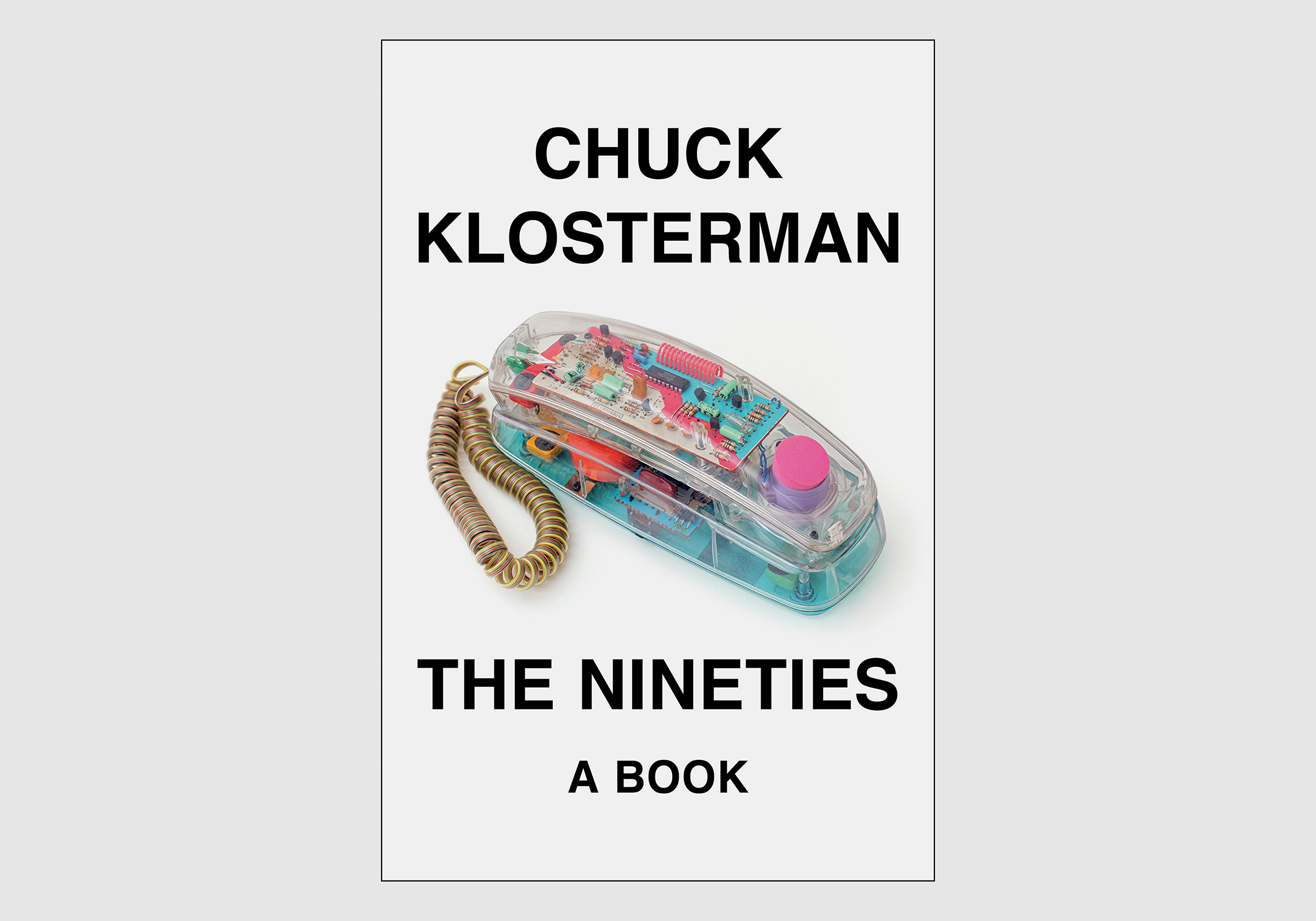
Does the critical response matter more with this book?
Sort of. The thing is — which is difficult now, and this is kind of new — it’s not really about this book or about me, but just kind of how the world has gone. The media reaction to a book now is much more widespread despite the fact that it’s not actually read any more seriously. You’re writing this piece, right? The publication is going to tweet out that this piece exists. You are probably going to tweet out that this piece exists. The vast majority of people who see those tweets will not actually read the story and even fewer will read the book. However, they will have seen a message about it. They will have seen this headline. They will have seen this idea. They will have seen however your social media manager decides to present this book. And that creates a casual understanding of something that is very frustrating as a writer, because you understand why that has to work, but it kind of ends up creating a memory of your work that doesn’t necessarily reflect what the book is.
With this book, for example, I see that a lot of people like you note or use the word “nostalgia” or “nostalgic” in the tweet that promotes the review about the book. This book is actually the antithesis of that in many ways. It does not employ the concept of nostalgia in the analysis of events, because nostalgia involves a personal memory and a personal experience. So it’s annoying to see that your book is being willfully misrepresented by places because that’s going to affect a normal person who might or might not buy it. I mean, your question is, does the critical response matter more? Not what is actually said about it, but the fact that it’s kind of the only way to sell books now. That’s really part of it. I mean, it used to be that a lot of book buying was done by people arbitrarily in bookstores. They would go into a Barnes & Noble, they would go into a Borders, they would look around, they would see a cover of the book. They used to always say the cover was so important, because it’s the main advertising for your book, for summing it up. And that’s just not how it is now. Now it’s like, people only buy things online, which means that they can’t buy something unless they already know it exists.
Therefore, the way the book is presented through mediated institutions does matter more. Even though the things they’re actually saying matters way less. You know what I mean? It’s a weird deal.
Getting reviewed in the New York Times is really just an advertisement now, because people care less about the content of the review. They just need to see information about the thing existing.
You mentioned before that you’re afraid that since your success happened so quickly, it could end just as fast. If that were to happen, what would you do?
Oh, nothing. I’m 50. I mean, I would retire, I guess. I’d keep writing. I’m compelled to write. I don’t know why. I’m compelled to do it. In some ways it’s not even good. I assume it must be what it’s like to be addicted to opioids or something. It’s not even that writing makes me happy or makes me feel good. It’s that not writing makes me feel bad. So I’m going to write regardless. The whole rest of my life, I’m going to be writing. What will be different is whether or not those works will be published and whether or not I’ll make money from it. The fact of the matter is if I’m going to do something, I’d prefer to be paid for it, I guess.
But in a weird way, my life wouldn’t change that much. Except I would never do things like this. I would never have a conversation with a stranger about what my work means. It would just be like filling up RAM on my computer. And then I would die and maybe my kids would go through it and they’d be like,
“Oh, it’s kind of odd that at the end of his life, our father was writing about the Bronze Age” or whatever. That’s probably what I’d be doing. Something makes me write. I don’t know. It doesn’t seem normal. I talk to other people who write books, other writers, and they have the complete opposite experience. They hate writing. And then they’re really relieved when they’re finished and they feel good when the book comes out. I’m the opposite. I like writing. Then I feel weird when it’s done. Then I feel terrible when it comes out.
You feel terrible when it comes out?
Oh, always. Every time. If I could, I would love to rewrite this entire book for the rest of my life. There’s never going to be a point where I feel like, “This is good now.” I’ve never felt that way. I’d never go back and read any of my old books because I know I’d feel terrible if I did. I have a real memory of them because while I was writing them, I went through them thousands of times. Like Killing Yourself to Live, I bet I went over that book, I don’t know how many times while I was writing it, every sentence. But I would never go back and read it now. I would be terrified to, and I know it would make me feel terrible. It’s like, all I can do is think about what’s next.
Sometimes you’ll see this with a musician. Paul McCartney will get interviewed and he’ll be like, “Oh, my new solo record is better than the Beatles.” It makes him seem like an insane person because no one else thinks that. But he does, because when he goes back and he listens to the Beatles, he is hearing himself when he was a different person. And he is hearing something that is so specific to him, but all it does is remind him of how different he was and how limited maybe his ability was at that time. Even though to us as the consumer, it’s the most magical music that ever existed. Now, I’m not comparing myself to Paul McCartney, but I understand that. When people read my early books, which in my mind, I didn’t think about them enough, and I didn’t put enough effort into it. What people like, though, is they go, “This is a real person writing this. I can feel the emotion in this. It seems like somebody who is expressing who he really is.” That’s what they want. They want to feel like they’re reading something written by a person. But, to me, that person is somebody I no longer know, I have no relationship to, and I’m not even like.
It’s an interesting challenge, too, for the reader, because [I’m] developing, [I’m] evolving, and the reader may want the same thing they read in 2004.
Well, the books don’t disappear. Sometimes I’ll meet somebody and they’ll be like, “Hey, I just read Fargo Rock City last month. You know this about the band Cinderella, is that still true to you?” And I’ll be like, “That sounds like something I would’ve written. Feels like that could have been me. I don’t really know if I feel the same way, though, because I know I’m not the same person.” That is the craziest thing about writing books to me. I say this a lot. Most people, when they’re asked, “What’s the hardest part about writing books?”, they will talk about the writing process or the editing process or the amount of research that goes into it, all of these things. Those things are difficult. But to me, the hardest part is remaining the person you are after the book comes out. Because you keep changing and the book never does. Every one of my books is frozen in ice. There’s nothing I can do about it. They are reflections of who I was at the time I wrote them, but I keep changing. So I have to accept the fact that people who read my books and think they understand me are actually understanding a person that is no longer alive. That person is gone. But in an abstract sense, I am that person.
I sometimes worry that if I refuse to think about the things I’ve done in the past, if I refuse to think about my old books, why am I writing them? Why am I doing something that I know, later on, I’m going to try to consciously annihilate, to remove from my consciousness? And I don’t know why. That’s the part of when I say I’m compelled to write that’s weird. Like I’m compelled to do something I know is going to make me feel disenchanted, but that’s how it is.
I guess it’s sort of an exquisite punishment.
Yes. It’s almost like it’s punishment for the good fortune of being able to publish a book that lots of people read.
This article appeared in an InsideHook newsletter. Sign up for free to get more on travel, wellness, style, drinking, and culture.
